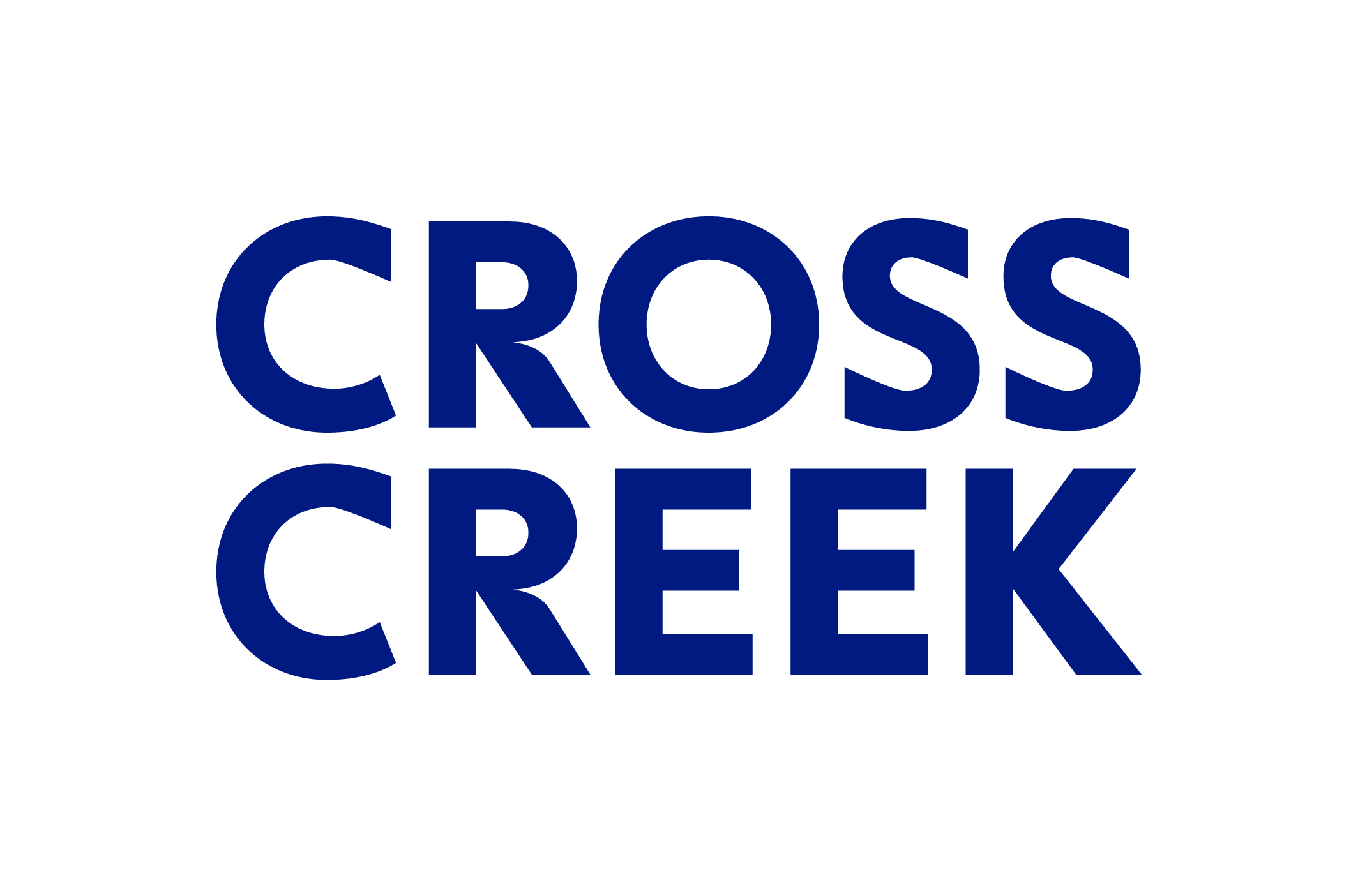Venture in 2023: What's past is prologue
By Crystal Valentine, PhD
At Cross Creek, we sit at the intersection of private and public markets, giving us a distinct perspective on how these two worlds align - or diverge - from one another. In 2022, alignment between private and public markets was hard to find; in 2023, venture investors like Cross Creek must remain disciplined underwriting as public and private markets find equilibrium.
On the public front, in 2022 the S&P had its worst first half performance in more than five decades, while the NASDAQ had its worst year of returns (-33%) since 2008. Public software-as-a-service (SaaS) stocks were particularly negatively impacted, down 51% for the year and 60% from the peak in 2021; revenue multiples (EV/NTM Revenue) were down 76% from the peak, falling from 20.0x to 4.9x, and by year end, were below both their 5- and 10-year averages.
Meanwhile, however, private venture rounds remained comparatively lofty through much of 2022: more than 90% of all venture deals were up or flat relative to the prior round, particularly in the first six months of the year. While some lag may be explained by delayed reporting of venture rounds, clearly venture valuations were very slow to reflect the public market route.
As more seasoned late-stage growth investors like Cross Creek exercised discipline amid the uncertainty, it appeared that non-traditional venture investors were unperturbed by public growth stock price deterioration. As shown in the graph above, even through mid-year we saw high-priced rounds in the market, often supported by newer venture capitalists with the perception that this would resemble the 2020 COVID V-shaped recovery, the only correction they had ever experienced.
As it became apparent that we were not looking at a V-shaped rebound, risk-off sentiment became palpable. As valuations of high-growth tech stocks such as those in the BVP Cloud Index plummeted, the market transactions began to freeze. IPOs were virtually nonexistent in 2022 with volumes at their lowest since 1990 and down 95% from the 2021 peak, while M&A activity slowed dramatically as the year progressed. This is evident in the graph below showing software IPOs and M&A transactions with disclosed deal value of over $200 million falling significantly through year-end.
Source: Dealogic, 451 Research, Bessemer Venture Partners.
By the second half of 2022, Cross Creek and our more disciplined peers were joined on the sidelines by additional market participants, as venture activity in the US pulled back to a pre-2020 pace; several large crossover investors exited the market entirely. The chart below illustrates this point showing count and total deal value of announced venture deals in the US by quarter dropping precipitously.
While we are still seeing some deals completed for companies that need to raise capital, these are predominantly insider-led, with very few true “up rounds” from new investors. Increasingly, many companies that managed to preserve the optics of a flat or up round have been forced to introduce structure into their cap tables. A December 2022 JP Morgan Private Capital Markets investor survey indicated that most private investors are now commonly requiring preferential structure or terms to provide downside protection. In the survey, 70% of respondents reported receiving recent term sheets with greater than 1x liquidation preference, which aligns with the newer term sheets we have considered as well. Ultimately, we expect that this new valuation and structured deal regime will be healthy for the industry.
As we at Cross Creek have seen in previous cycles, it has taken more than a year for private markets to begin to reflect the public market reset; the exuberance of 2020 and 2021 has given way to a more tempered sentiment. Amid recessionary conditions, compressed public valuations, and uncertainty around the ability to raise capital or negotiate a successful exit, many private companies have turned their attention to cutting their cash burn.
At Cross Creek, we believe that the key to venture investing in the current environment lies in exercising discipline and patience. Many of the venture-backed companies that interest us are disrupting large industries or benefiting from long-term secular trends that remain strong in a weakened macro environment. However, we contend that even at great companies, both investors and management teams benefit from a longer diligence process and alignment on how company fundamentals support valuation. The past week’s failure of Silicon Valley Bank is more evidence that investors and founders need to build for resiliency and reexamine old assumptions, which may result in even lengthier investment timelines going forward. We expect that a more conservative deal environment will provide fertile ground for venture investments over the next few years.
This material does not constitute an offer to sell or the solicitation of an offer to buy any securities. Securities of any fund are offered to selected investors only by means of a complete offering memorandum and related subscription materials which contain significant additional information about the terms of such an investment. The foregoing consists solely of recent news relating to certain Portfolio Companies. These Portfolio Companies do not represent all of the investments made or recommended by Cross Creek. The reader should not assume that an investment in any Portfolio Company identified was or will be profitable. Past performance is not indicative of future results. Investors should be aware that a loss of investment is possible. The research for this material is based on current public information that we consider reliable, but we do not represent that the information herein is accurate or complete, and it should not be relied on as such. Our views and opinions expressed herein are current as of the date this material is sent and are subject to change without notice. Not all acquisitions or IPOs are profitable; the positions can be acquired at a price that is greater or less than the price at which Cross Creek purchases its interests for client accounts. A link to Cross Creek's direct company holdings is available on our website.



